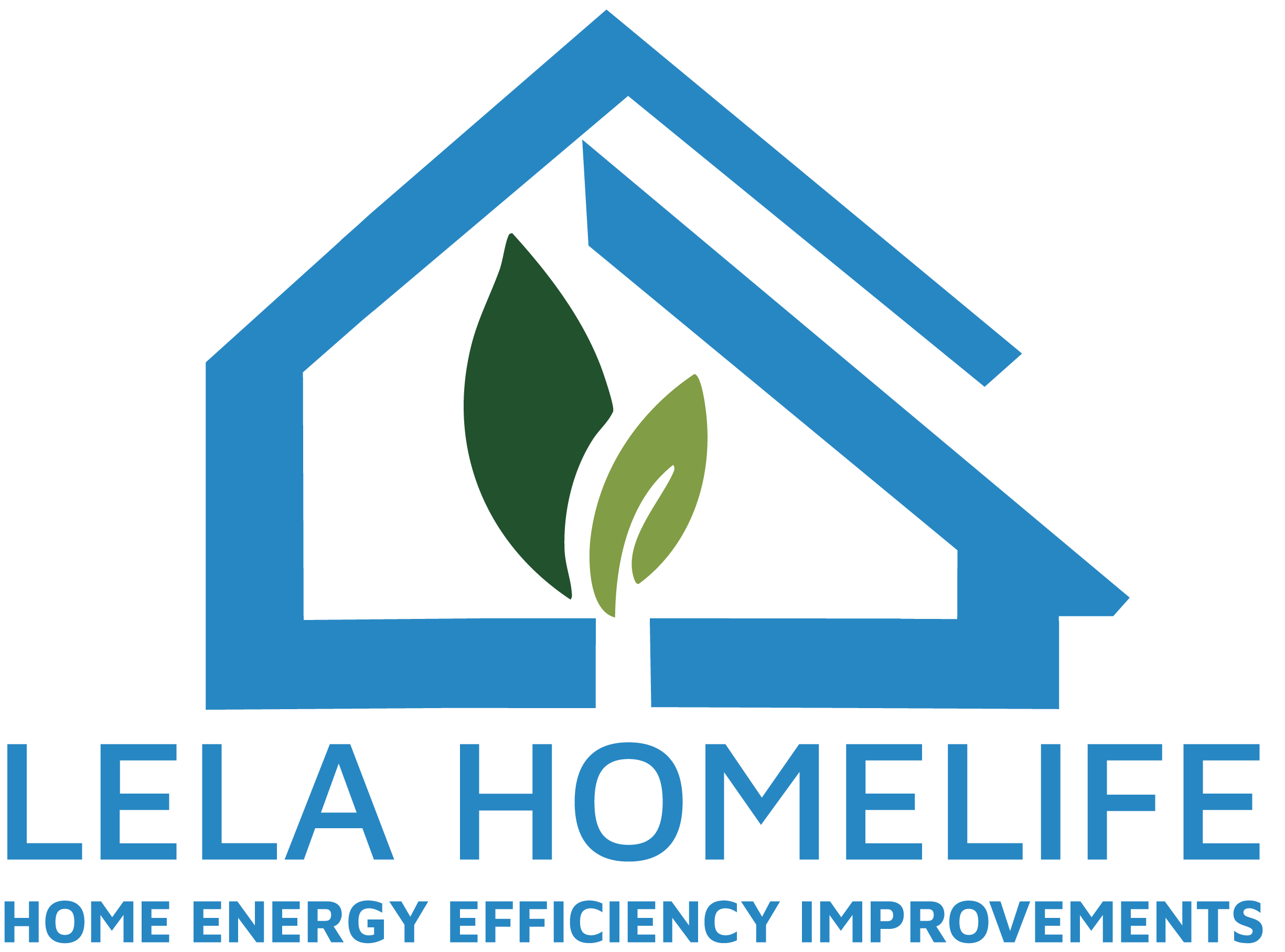Solar System Maintenance
Understanding your maintenance responsibilities and best practices for your solar investment
Maintenance Responsibility
Your maintenance responsibilities depend on how you acquired your solar system
The solar company is responsible for maintaining your system. This is one of the key benefits of choosing a PPA or lease option.
- The company will monitor your system's performance
- They will handle any necessary repairs or replacements
- They ensure your system operates at optimal efficiency
- They manage warranty claims on your behalf
Your only responsibility is to report any visible damage or performance issues you notice to the company.
New England Solar Maintenance
Special considerations for solar panel maintenance in New England
Cleaning panels is not recommended in New England. The region's natural weather patterns help keep your panels clean.
- Regular rain naturally washes away dust and debris
- Snow melts and slides off panels, cleaning them in the process
- Manual cleaning can damage panels or void warranties
- The minimal performance gain rarely justifies the risk
If you notice significant debris or buildup that persists after rainfall, contact a professional rather than attempting to clean panels yourself.
New England's changing seasons affect your solar system in different ways.
- Winter: Snow typically melts quickly on tilted panels. Heavy accumulation will clear naturally as panels warm.
- Spring: Pollen season may temporarily reduce efficiency, but rain will wash it away.
- Summer: Longer days maximize production. Occasional visual inspection is recommended.
- Fall: Check for leaf accumulation only if panels are installed in heavily wooded areas.
Your monitoring system will alert you to any significant performance issues regardless of season.
General Maintenance Tips
Best practices for all solar system owners
Monitor System Performance
Regularly check your monitoring app or portal to ensure your system is producing as expected. Look for unexpected drops in production that persist for multiple days.
Visual Inspections
Occasionally inspect your system from the ground for visible issues like damaged panels or loose equipment. Never climb on your roof to inspect panels.
Professional Inspections
Consider having a professional inspection every 5-7 years to check electrical connections, mounting hardware, and overall system health.
Keep Records
Maintain a file with your warranty information, system specifications, and any maintenance performed. This will be valuable for warranty claims or if you sell your home.
Frequently Asked Questions
Common questions about solar system maintenance
Ready for a Complete Energy Solution?
From solar installation to roofing, electrical, and tree services - we handle everything you need for a seamless transition to clean energy.
